Performance Metrics: Aligning team performance with organizational metrics and goals.

👋🏻 Hello growth seekers,
Imagine Sheryl Sandberg, the COO of Facebook, walking through the bustling halls of the company’s headquarters. Her office, filled with charts, data reports, and strategy documents, reflects her methodical approach to leadership. Sandberg’s defining moment came when she had to scale Facebook’s growth while preserving its innovative culture. This was her challenge: how to align team performance with broader organizational metrics and goals.
Sandberg’s success starts with knowing what to measure. During her tenure, she focused on key performance indicators (KPIs) like revenue growth, user engagement, and customer satisfaction—metrics that directly influenced Facebook’s mission. She ensured her team understood how their work impacted these goals, fostering a sense of purpose and alignment.
📈 Analyzing the Data
With the right metrics in place, Sandberg focused on analyzing the data. Her attention to detail allowed her to spot trends, address issues early, and make informed decisions. Regular performance reviews and data-driven meetings were part of her strategy, ensuring everyone stayed on track. This transparency is rooted in Rogers' principle of congruence, creating a consistent understanding of goals across the organization. When everyone is on the same page, trust and clarity thrive, essential for a high-performing team.
How can young managers cultivate a data-driven culture within their teams? By empowering employees with access to data, providing necessary tools and training, and fostering an environment where data-driven decision-making is encouraged and celebrated. Regular feedback loops and performance reviews can help maintain alignment and continuous improvement. Data analysis is valuable only when it leads to action. Sandberg’s leadership shined here—when data indicated a drop in user engagement, she led initiatives to enhance the user experience. Her willingness to adapt and implement changes quickly kept Facebook agile and responsive.
🤝 Fostering a Data-Driven Culture
One of Sandberg’s standout achievements was fostering a data-driven culture within Facebook. She empowered employees at all levels to engage deeply with data, ensuring they not only had access to information but also understood its implications and how to use it to guide their decisions. Sandberg recognized that data literacy was crucial for driving performance and innovation, so she prioritized providing comprehensive tools and training. This approach demystified data analysis, making it an integral part of everyday operations and decisions.
To build this culture, Sandberg implemented regular workshops and training sessions focused on enhancing data literacy. These initiatives were designed to equip employees with the skills needed to interpret complex data sets and draw actionable insights. Moreover, she encouraged a mindset where data was seen as a tool for empowerment rather than a constraint. Employees were taught to view data as a means to validate their ideas, improve their strategies, and measure their success effectively.
By equipping her team with the necessary skills and confidence to handle data, Sandberg nurtured a collaborative and proactive environment. Employees felt more confident in their roles and more connected to the company’s broader goals. They were not just passive recipients of data; they became active participants in the company’s data-driven journey, fostering innovation and continuous improvement.
🚀 Overcoming Challenges and Controversies
Despite her successes, Sandberg faced significant challenges. Facebook’s data privacy breaches and misinformation issues cast a shadow over its reputation. Sandberg tackled these head-on, demonstrating resilience and accountability. She learned from these experiences and made necessary policy changes. For young managers, Sandberg’s journey underscores the importance of adaptability and ethical leadership. Addressing issues transparently and learning from them fosters a culture of trust and continuous improvement.
What are the potential pitfalls of over-reliance on performance metrics, and how can they be avoided? Over-reliance on performance metrics can lead to a narrow focus, potentially overlooking broader strategic goals and employee well-being. To avoid this, managers should balance data-driven insights with empathy and understanding, ensuring that metrics are used as a guide rather than a strict measure of success. Regularly revisiting and adjusting metrics can also help maintain relevance and alignment with overall goals.
Sheryl Sandberg’s journey at Facebook illustrates the power of aligning team performance with organizational metrics and goals. By understanding what to measure, analyzing data effectively, implementing meaningful changes, and fostering a data-driven culture, Sandberg has set a benchmark for modern leadership. Her approach, underpinned by principles of humanistic psychology, offers valuable lessons for young managers aiming to climb the corporate ladder.
Practical tools
In this "Practical Tools" section, we've put together a set of resources to support your personal growth journey. Chosen for those keen to explore deeper and refine their leadership qualities, these tools are designed with genuine intention. Here, it's all about taking meaningful steps towards personal betterment. Let's begin!
📌 OKRs (Objectives and Key Results)
One of the standout tools in Sandberg's arsenal is the OKR framework. OKRs provide a structured way to set and track objectives and their outcomes.
- Setting Clear Objectives: Start by defining clear, ambitious, and inspirational objectives that align with the company’s mission.
- Defining Key Results: Break down each objective into 3-5 measurable key results. These should be specific, quantifiable outcomes that indicate progress.
- Tracking Progress: Use regular check-ins and quarterly reviews to assess progress. This ensures accountability and allows for adjustments. Publicly share OKRs within the team to foster transparency and collective focus.
📊 Interactive Dashboards
Sandberg's emphasis on data-driven decision-making highlights the importance of interactive dashboards. These dashboards provide real-time insights and help managers make informed decisions swiftly.
- Building Comprehensive Dashboards: Utilize tools like Tableau, Power BI, or Google Data Studio to create dashboards that consolidate data from multiple sources. A well-designed dashboard might include metrics such as user engagement, sales figures, and customer feedback.
- Visualizing Data: Present data in a visually appealing and easy-to-understand format. Use graphs, charts, and heat maps to highlight trends and outliers.
- Real-Time Monitoring: Regularly update dashboards to reflect real-time data. This enables managers to react quickly to changes and make data-driven decisions.
🗣️ Continuous Feedback Loops
Sandberg's success at Facebook is also attributed to fostering a culture of continuous feedback. This involves creating regular opportunities for team members to give and receive feedback, enhancing performance and alignment.
- Regular One-on-One Meetings: Schedule weekly or bi-weekly one-on-one meetings with team members to discuss progress, challenges, and feedback.
- 360-Degree Feedback: Implement a 360-degree feedback system where employees receive feedback from peers, subordinates, and supervisors. Feedback Integration: Encourage team members to act on the feedback they receive. Provide support and resources to help them improve.
Food For Thought
Welcome to the "Food for Thought" section, your gateway to a curated selection of resources that will nourish your curiosity and inspire your creative journey. In this corner of Growth Republic, we bring a collection of insightful resources that you can look for on the web, from thought-provoking podcasts or books, to illuminating online articles that can expand your horizons and deepen your understanding of the topics we explore. Consider it your intellectual pantry, stocked with ingredients to feed your mind, and ignite your creativity. Dive into these resources and let the feast of knowledge begin.
📖 Book:"Measure What Matters" by John Doerr: This book provides a comprehensive guide to the OKR (Objectives and Key Results) framework, with insights from leaders like Larry Page and Bono on how this methodology drives success.
📖Book: "Lean In" by Sheryl Sandberg: Sandberg’s own book offers valuable lessons on leadership, navigating corporate environments, and the importance of data-driven decision-making and transparency in achieving goals.
📖 Book:"The Lean Startup" by Eric Ries: This book introduces lean methodologies for startups, emphasizing the importance of metrics, continuous feedback loops, and iterative improvements, much like Sandberg’s approach at Facebook.
🎙️Podcast: ”The Knowledge Project" by Shane Parrish: Featuring interviews with top performers in various fields, this podcast explores decision-making processes, data-driven strategies, and effective management techniques.
📰 Article: "The Power of Small Wins" by Teresa Amabile and Steven Kramer: This Harvard Business Review article delves into the significance of tracking progress and providing continuous feedback to boost team performance and morale.
📰Article: "How Google Manages Talent" by Harvard Business Review: This article discusses Google’s use of data and metrics to manage performance, offering insights into how OKRs and data-driven decisions can drive organizational success.
Quote Of The Week
«When people are financially invested, they want a return. When people are emotionally invested, they want to contribute.» — Simon Sinek
About the Author

Hi, I am Cesare Zavalloni. I am a Certified Executive Coach by IMD business school and a member of International Coaching Federation (ICF) and the Swiss Association of Mountain Leaders (ASAM). I bring more than 20+ years of experience as corporate executive in Fortune 100 companies and as outdoor adventurer. My purpose is to guide, encourage and inspire young professionals and executives like you to see your authentic leadership nature and the new possibilities this realization creates.
Enjoy this newsletter?
Forward to a friend, sharing is caring.
Was this forwarded to you? If you would like to receive it in the future, subscribe here.
Anything else? Hit reply to send us feedback or say hello. We don't bite!
Here's to a future of growth and success!



